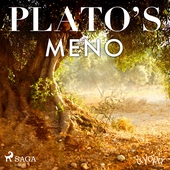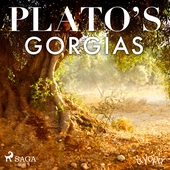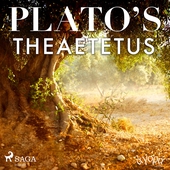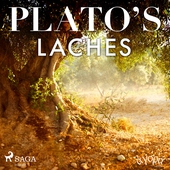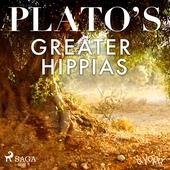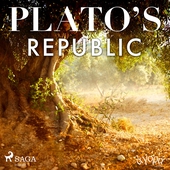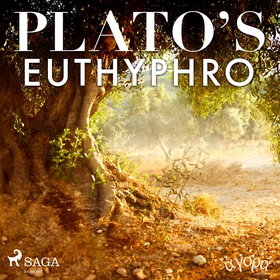
Lägg till önskelistan
Gratis smakprov
- Spara till biblioteket
- Lyssna på smakprov
Plato’s Euthyphro ljudbok
Pris
19 kr
In Euthyphro, Socrates is on his way to the court where he must defend himself against serious charges brought by religious and political authorities. On the way, he meets Euthyphro, an expert on religious matters, who has come to prosecute his own father. Socrates questions Euthyphro’s claim that religion serves as the basis for ethics.
Plato lived in Athens, Greece. He wrote approximately two-dozen dialogues that explore core topics that are essential to all human beings. Although the his...
Ljudbok
19 kr
Pris
Förlag
Saga Egmont
Utgiven
2 April 2020
Längd
0:31
Genrer
Filosofi Och Religion, Fackböcker
Språk
English
Format
mp3
Kopieringsskydd
Vattenmärkt
ISBN
9788726425697
In Euthyphro, Socrates is on his way to the court where he must defend himself against serious charges brought by religious and political authorities. On the way, he meets Euthyphro, an expert on religious matters, who has come to prosecute his own father. Socrates questions Euthyphro’s claim that religion serves as the basis for ethics.
Plato lived in Athens, Greece. He wrote approximately two-dozen dialogues that explore core topics that are essential to all human beings. Although the historical Socrates was a strong influence on Plato, the character by that name that appears in many of his dialogues is a product of Plato’s fertile imagination. All of Plato’s dialogues are written in a poetic form that his student Aristotle called “Socratic dialogue.” In the twentieth century, the British philosopher and logician Alfred North Whitehead characterized the entire European philosophical tradition as “a series of footnotes to Plato.” Philosophy for Plato was not a set of doctrines but a goal — not the possession of wisdom but the love of wisdom. Agora Publications offers these performances based on the assumption that Plato wrote these works to be performed by actors in order to stimulate additional dialogue among those who listen to them.

